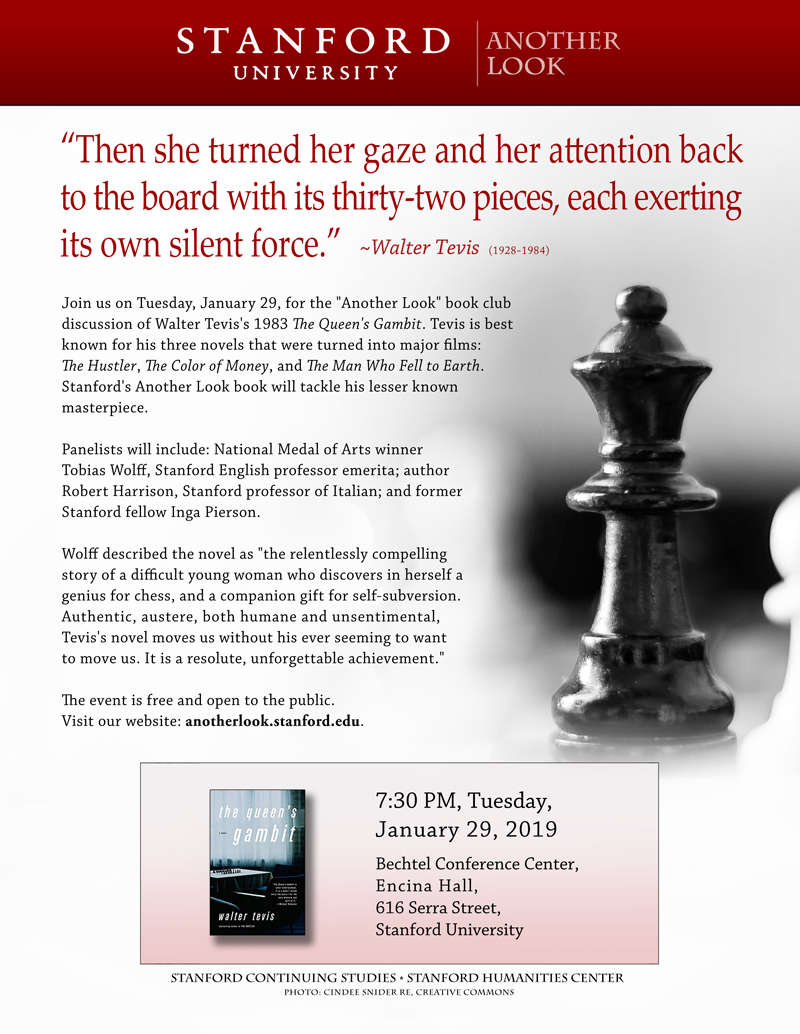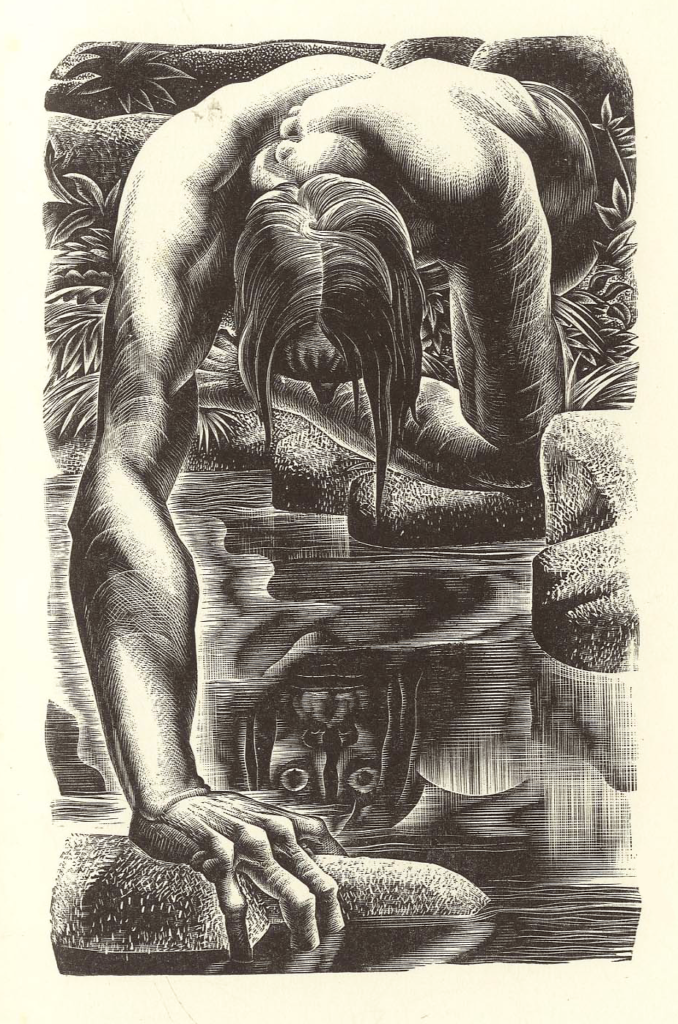Mary McCarthy’s “Memories of a Catholic Girlhood” TONIGHT!
Wednesday, February 19th, 2020“If I could not win fame by goodness, I was ready to do it by badness.”
It’s tonight! Another Look takes on Mary McCarthy‘s Memories of a Catholic Girlhood, a 1958 National Book Awards finalist for nonfiction. The discussion will take place at 7:30 p.m. on TONIGHT, February 19, in the Bechtel Conference Center of Encina Hall. Directions and parking for the event are here.
An excerpt from Charles Poore‘s 1957 review in The New York Times:
In Memories of a Catholic Girlhood Mary McCarthy plays a splendid trick on her future biographers by anticipating their researches and confounding their zeal. The book is a collection of stories she has written about her early years. Among them, for example, is “Yonder Peasant, Who Is He?” – one of the most stinging, brilliant and disturbing memoirs ever written by an American.
The autobiographical stories are marinated in italic commentaries that tell how much commonplace veracity or creative mendacity they contain. We are given background and interpretation, amplification and variorum readings on Miss McCarthy’s nomadic childhood from the West Coast to the Midlands, from convent schools to Vassar. And probably the sharpest criticism of her work you can find anywhere.
Now, many an author has done this sort of thing in the past. One thinks, at random, of Henry James‘ wonderfully revisionist prefaces to the New York edition of his works, or the glow of Conrad’s notes for his Canterbury Edition. Didn’t Ring Lardner write a series of brief, confidential overtures to his tales, one of which said: “The story is an example of what can be done with a stub pen”? Miss McCarthy is more generous with her revelations and interpretations. She goes at considerable length into her young religious faith and the agonizing reappraisals that accompanied her loss of it. She traces endlessly the ramifications of a family that contained Roman Catholic and Jewish members, Protestants and agnostics.
The conversation will be led by author Tobias Wolff, National Medal of Arts winner and founding director of Another Look. Panelists include author Catherine Wolff and Another Look regular Inga Pierson, who is also an English teacher at Sacred Heart Preparatory.
We are aware there is a televised Democratic Presidential Debate airing from 6-8 p.m. the same evening. However, we hope you will choose us! (And catch up with the debate or debate highlights afterward. Isn’t that what Youtube is for?) More information on the poster below.














 “While he’s learning to distinguish one sensation from the next – hunger, thirst, cold. In the same passage where he’s distinguishing cold from hunger, he looks up and sees the moon. To me that’s evidence of a soul of sorts – the poetic inclination of the mind, the religious inclination, or maybe those are the same.”
“While he’s learning to distinguish one sensation from the next – hunger, thirst, cold. In the same passage where he’s distinguishing cold from hunger, he looks up and sees the moon. To me that’s evidence of a soul of sorts – the poetic inclination of the mind, the religious inclination, or maybe those are the same.”
 The panelists will be focusing on the original 1818 version of the novel, rather than the later 1831 edition – and discussing some of the differences between the two. You can find the Oxford edition of the original at the Stanford Bookstore, Kepler’s in Menlo Park, and Bell’s Books in Palo Alto. (But don’t worry if you’ve read a different edition!)
The panelists will be focusing on the original 1818 version of the novel, rather than the later 1831 edition – and discussing some of the differences between the two. You can find the Oxford edition of the original at the Stanford Bookstore, Kepler’s in Menlo Park, and Bell’s Books in Palo Alto. (But don’t worry if you’ve read a different edition!)